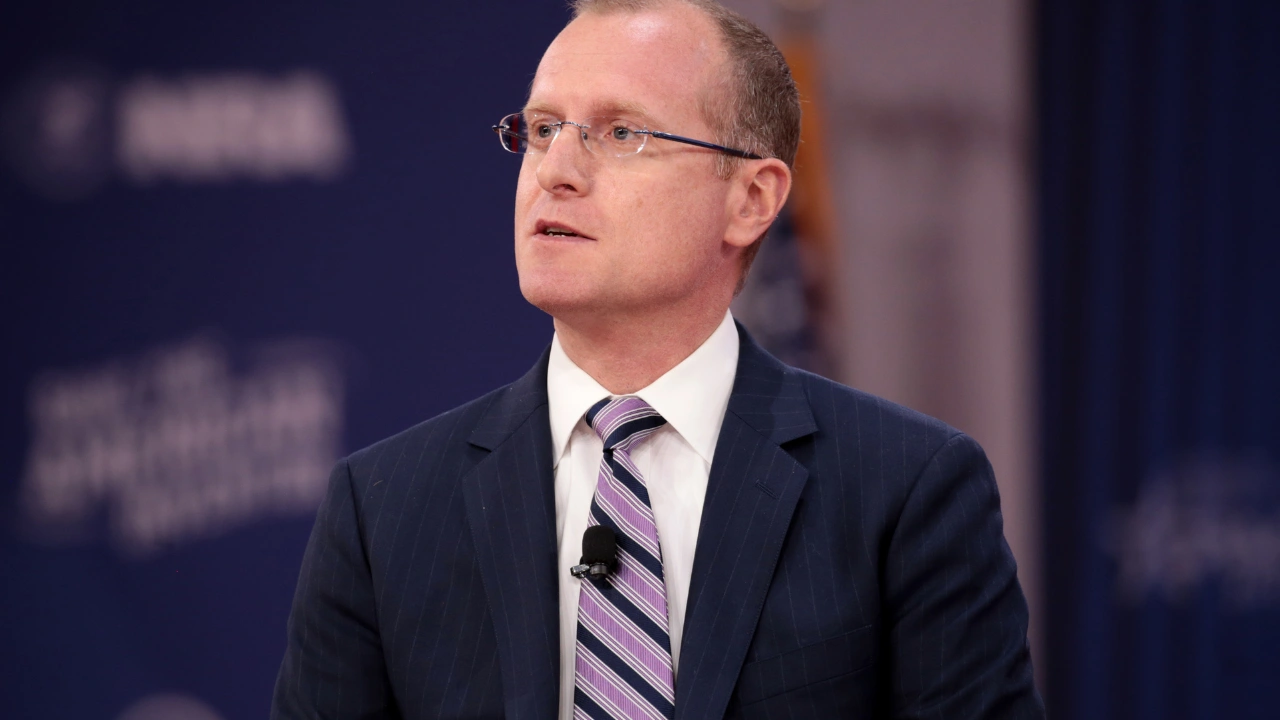
The Federal Communications Commission (FCC) has taken action to prevent Hong Kong-based telecommunications firm HKT and its affiliated companies from connecting to U.S. networks because of worries about national security. FCC Chairman Brendan Carr stated that this decision is necessary to protect the reliability and security of the nation's communication systems.
The FCC sentA Motion for an Order to Show Cause directed at HKT, requesting the company to explain why its licenses should not be canceled, highlighting growing worries about HKT's connections to China.
In particular, Carr stated that the FCC will keep protecting the nation's communication networks from foreign intrusion.adversaries like ChinaChina Unicom, holding an 18.4% ownership in PCCW, was restricted from accessing U.S. networks in 2022 because of national security issues.
As reported by Healthy Survival, the FCC recentlytightenedSecuring undersea cables to safeguard U.S. AI networks from China. FCC Commissioner Olivia Trusty warned that international rivals, such as China, pose risks of network sabotage, espionage, and monitoring. These actions are part of the U.S. effort to limit China's impact on essential U.S. technologies.
FCC intends to implement stricter regulations on Chinese telecommunications equipment
The Federal Communications Commission announced intentions to cast a vote on stricter limitations regarding Chinese telecommunications equipment on October 28. Chairman Brendan Carr mentioned that the Commission is striving to prevent Chinese-affiliated organizations that present threats to national security from linking to American telecom networks.
The FCC revealed that HKT's existing licenses enable the company to transfer data and calls directly with U.S. carriers, a benefit that contributes substantially to the operator's income. HKT and PCCCW obtained approximately 13% of their 2024 revenues from outside China, with HKT accounting for 90% of that amount.
Last week, Carr mentioned that major online retail sites in the United States have taken down millions of listings for restricted Chinese electronic products as part of the FCC's enforcement efforts. The restricted items will feature smartwatches and home security cameras from companies such as Hangzhou Hikvision, Dahua Technology, ZTE, andHuawei.
FCC examines HKT subsidiaries
The Commission investigatedHKT discovered that the Chinese government has indirect ownership of its subsidiaries, such as PCCW Global, PCCW Global UK, PCCW Global Limited, and Gateway Global Communications. The People's Republic of China government utilizes intermediary companies established locally, as well as in the British Virgin Islands, Hong Kong, and the Cayman Islands.
Section 2 of the Secure Network Act mandates that the FCC release a list of communication devices and services that pose a risk to the United States and its people. The Public Safety and Homeland Security Bureau (PSHSB) is responsible for monitoring these potential threats. The Commission has taken multiple actions, all supported by consensus, targeting national security concerns such as those associated with China.
The Commission created a National Security Council to manage its investigative, enforcement, and regulatory powers in addressing foreign threats.
In May, the FCC took steps in two cases to safeguard the nation's communication systems from external risks. The agency does not recognize any telecommunication certification body (TCB), laboratory accreditation organization, or testing facility that is controlled or owned by foreign enemies.
The Commission has suggested implementing new certification and disclosure rules for organizations with any form of license, permit, or authorization, extending beyond foreign ownership to include all entities influenced by or under the control of foreign adversaries. It also approved a Report and Order that revised its licensing procedures by introducing reporting and certification obligations, standard conditions, and a default disqualifying condition for entities owned or managed by foreign adversaries.
The FCC also depends on the Secretary of Commerce's decisions, which have listed six foreign adversaries, such as China, Hong Kong, and Macau. The Commission's classification of Hong Kong as a foreign adversary aligns with President Trump's Executive Order 13936, which ended Hong Kong's special treatment.
Be noticed where it matters.Promote your offerings on Healthy Survival Research and connect with the most astute investors and creators in the crypto space.